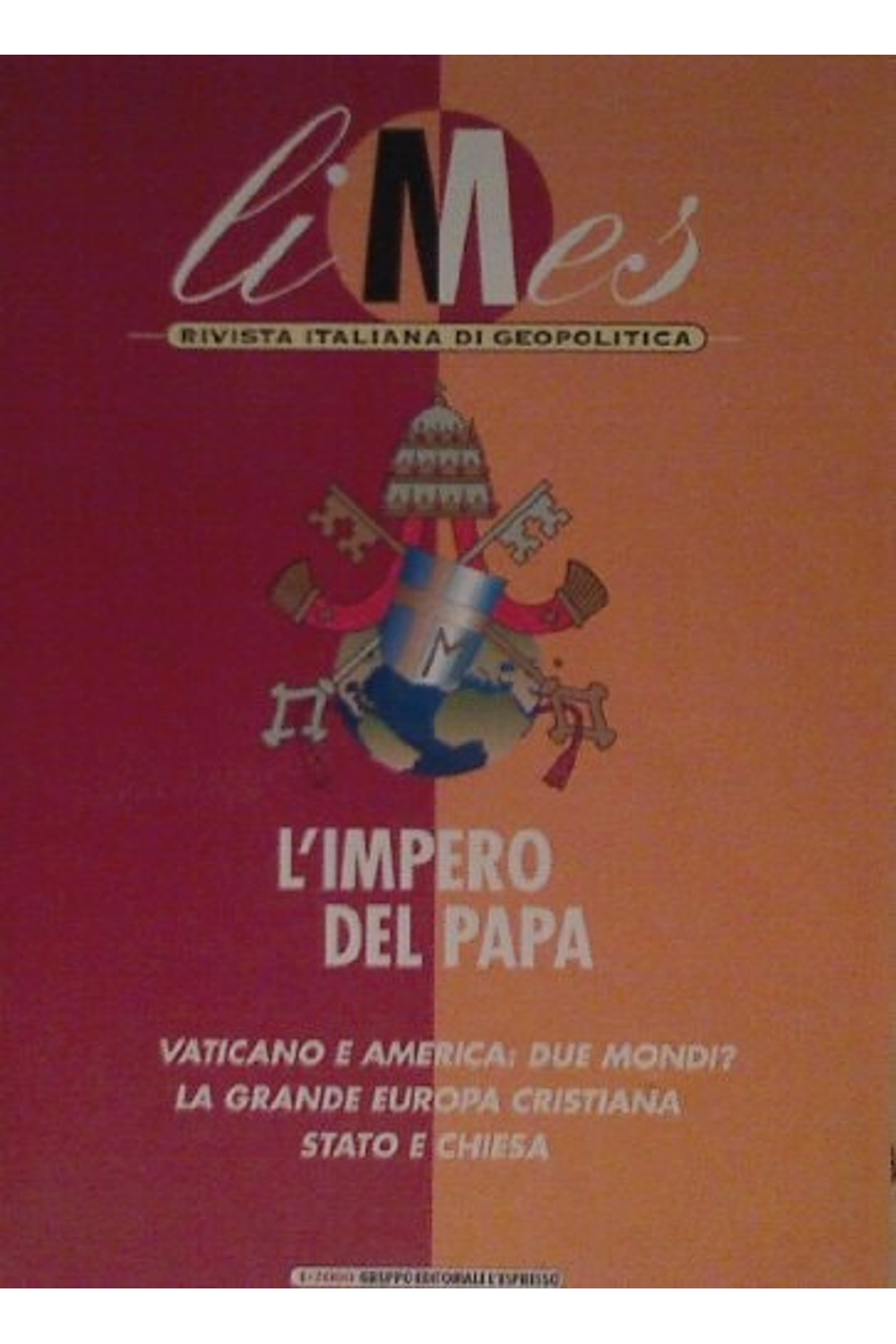Explore the Vatican’s hidden influence with “L’Impero del Papa,” a compelling Italian-language exploration of papal power from the renowned “Rivista Italiana di Geopolitica” series. This 2000 issue, published by Gruppo Editoriale L’Espresso, delves into the geopolitical strategies and global impact of the Holy See. Uncover the Vatican’s role as a sovereign state, its diplomatic maneuvering, and its financial reach, revealing how it shapes international affairs beyond religious doctrine. Perfect for students of political science, international relations, and anyone fascinated by the intersection of religion and power. Discover a unique perspective on the Papacy’s enduring empire and its place in the 21st century. A must-read for understanding the Vatican’s complex role on the world stage.
L’Impero del Papa (Rivista Italiana di Geopolitica) (Rivista Italiana di Geopolitica)
13,79 $
In stock
Description
Unusual book
Delve into the intricate world of Vatican City's influence with "L'Impero del Papa (Rivista Italiana di Geopolitica)," a thought-provoking exploration of the Papal State's enduring geopolitical power. Published in 2000 by Gruppo Editoriale L'Espresso, this Italian-language paperback offers a unique perspective on the Vatican's role on the global stage. More than just a religious center, Vatican City operates as a sovereign entity with its own diplomatic corps, financial institutions, and cultural outreach, wielding significant sway in international affairs. This volume, part of the "Rivista Italiana di Geopolitica" series, dives deep into the historical context and contemporary manifestations of the Pope's "empire." It investigates how the Vatican navigates complex political landscapes, influences international policy, and leverages its moral authority. Expect insightful analyses of the Vatican's relationship with other nations, its involvement in conflict resolution, and its stance on key global issues such as poverty, human rights, and environmental concerns. While often perceived solely through the lens of religion, this book encourages readers to consider the Vatican as a key geopolitical player. It examines the strategic alliances it forms, the economic power it wields, and the cultural impact it has on societies worldwide. For those interested in international relations, political science, and the multifaceted influence of religious institutions, "L'Impero del Papa" offers a compelling and informative read. This is a rare opportunity to gain a deeper understanding of the Vatican's often-overlooked geopolitical dimension. Although labeled as simply an "unusual book" in its initial description, this journal offers a collection of essays and analysis by experts in the field, offering a level of depth that goes beyond a simple overview. This specific issue of the "Rivista Italiana di Geopolitica" focuses specifically on the temporal power of the papacy and how it manifests itself in the modern world. Given its publication date of 2000, the analyses offer a valuable snapshot of the Vatican's position at the turn of the millennium, providing a historical context for understanding its current influence.
Additional information
| Binding | |
|---|---|
| Condition | |
| ISBN-10 | 8883710207 |
| ISBN-13 | 9788883710209 |
| Language | |
| Publisher | |
| Year published | |
| Weight | 1020 |
SKU: G-9788883710209-3
Category: All books
- Additional information
- Currencies
- USD – United States dollar
- EUR – Euro
- GBP – Pound sterling
- CNY – Chinese yuan
- BRL – Brazilian real
- MXN – Mexican peso
- JPY – Japanese yen
- PHP – Philippine peso
- THB – Thai baht
- PLN – Polish złoty
- CAD – Canadian dollar
- MYR – Malaysian ringgit
- AUD – Australian dollar
- TWD – New Taiwan dollar
- CZK – Czech koruna
- SEK – Swedish krona
- HUF – Hungarian forint
- ILS – Israeli new shekel
- CHF – Swiss franc
- HKD – Hong Kong dollar
- DKK – Danish krone
- SGD – Singapore dollar
- NOK – Norwegian krone
- NZD – New Zealand dollar





